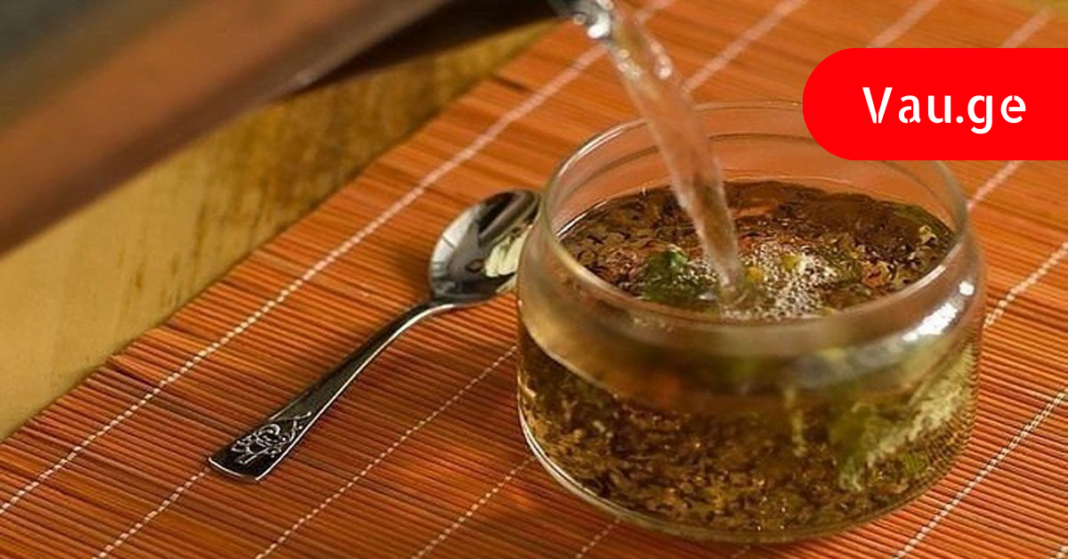Sweating, or perspiration, is a vital and completely natural physiological process. It plays a crucial role in regulating our body temperature. However, for some individuals, sweating becomes excessive and problematic – a condition known as hyperhidrosis. People who suffer from this condition often experience significant discomfort in their daily lives and may seek help from various medical professionals, including neurologists, dermatologists, and psychiatrists. Unfortunately, treatment is not always effective, and even when it works, the results may only be temporary.
What Is Hyperhidrosis?
Hyperhidrosis refers to the excessive production of sweat beyond what is needed for normal body temperature regulation. It can interfere with social, professional, and personal life. People with this condition often feel self-conscious, avoid physical contact, and may even isolate themselves due to embarrassment.
- There are two main types of hyperhidrosis:
- Generalized Hyperhidrosis – where excessive sweating occurs all over the body.
Localized Hyperhidrosis – where sweating is limited to specific areas, such as the armpits, hands, feet, or face.
In most cases, generalized hyperhidrosis is secondary – meaning it is caused by another underlying condition. Common causes include:
- Infections
- Endocrine disorders, such as:
- Hyperthyroidism
- Hyperpituitarism
- Diabetes
- Menopause
- Pregnancy
- Pheochromocytoma
- Carcinoid syndrome
- Acromegaly
- Neurological disorders, such as Parkinson’s disease
- Medications, especially antidepressants
- Toxins and substance withdrawal
- Alcoholism or drug addiction withdrawal symptoms
Real-Life Struggles with Sweating
For some individuals, hot weather causes them to sweat so much that it feels like water is pouring from their body. This excessive sweating can also lead to skin irritation, redness, and even rashes – especially in areas like under the breasts or on the back. Personally, I’ve dealt with skin redness and itching throughout the summer months. Fortunately, a friend once recommended a simple yet effective natural remedy: baths made with marigold flower infusion. These baths helped soothe my skin and significantly reduced the inflammation.
How to Prepare a Marigold Infusion Bath
Marigold, also known as Calendula officinalis, is well-known for its anti-inflammatory, soothing, and healing properties. It is a popular natural remedy used in herbal medicine.
Here’s how you can prepare a marigold bath at home:
Ingredients:
- 2 tablespoons of dried marigold flowers
- 1 cup (about 240 ml) of hot milk
Instructions:
- Pour the hot milk over the marigold flowers.
- Bring the mixture to a gentle boil.
- Remove it from the heat, cover, and let it cool until it reaches a comfortable temperature for your skin.
- Soak soft gauze or cloth pieces in the infusion.
- Apply the soaked cloths to irritated skin areas for about 30 minutes.
- Afterward, gently pat the skin dry with a soft, clean towel – do not rinse off.
This process helps reduce inflammation and soothes the skin. It can be especially beneficial during summer or for individuals with sensitive skin affected by excessive sweating.
Bonus: Drinkable Marigold Infusion
In addition to topical treatment, you can also drink a tea made from marigold flowers to support your body from the inside.
How to make marigold tea:
- Add 1 teaspoon of dried marigold flowers to 1 cup of boiling water.
- Let it steep for 20 minutes.
- Drink this herbal tea once or twice a day for three weeks.
This dual approach – using marigold both externally and internally – can significantly improve your skin condition and overall well-being.
Final Thoughts
All of the remedies we recommend are made from natural ingredients and pose no harm to human health. While they may not replace medical treatment for severe conditions, they offer gentle and safe relief for those suffering from minor to moderate issues related to excessive sweating and skin irritation.
If you struggle with hyperhidrosis or just want a natural way to keep your skin calm and healthy during hot weather, give these marigold remedies a try – your skin will thank you!


















